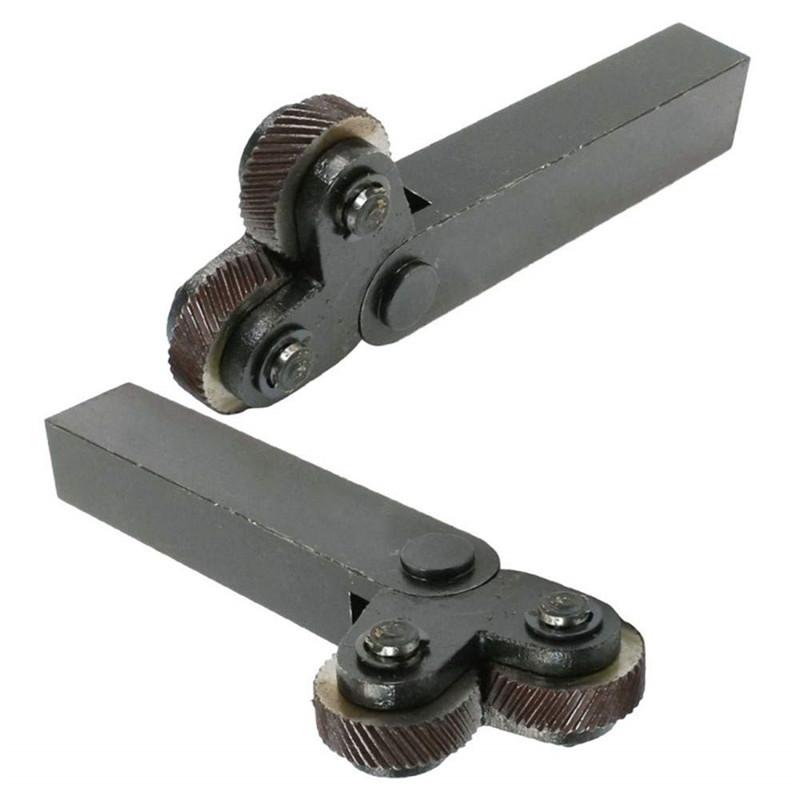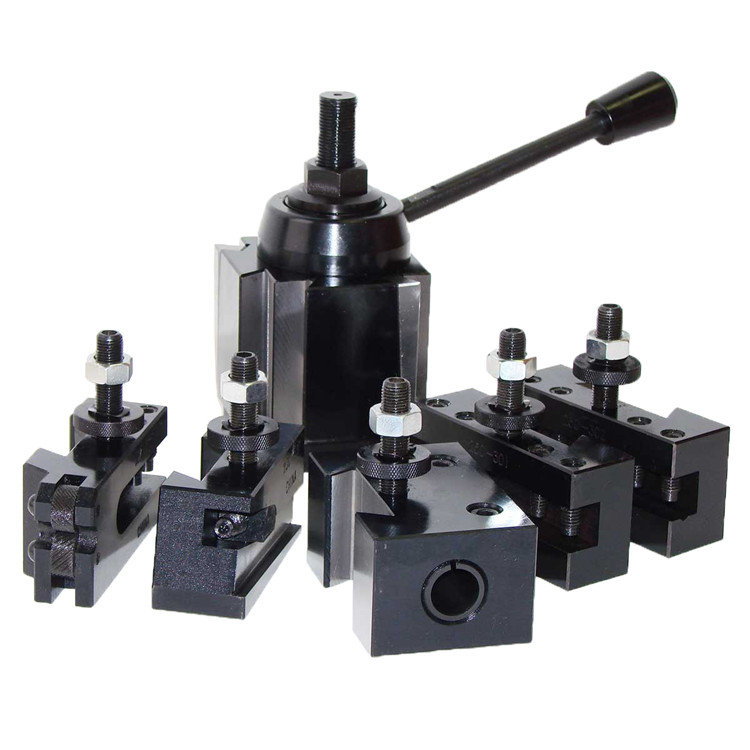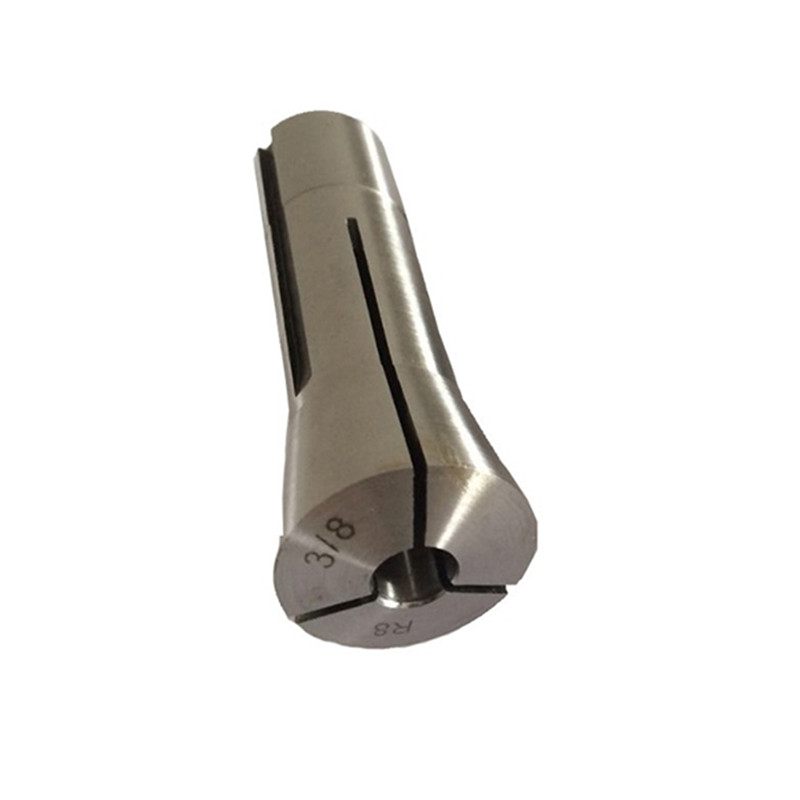gear hob Manufacturer
Selecting a reliable gear hob manufacturer is crucial for achieving precision and efficiency in gear production. This article explores the key factors to consider when choosing a gear hob manufacturer, including their capabilities, quality control processes, and industry experience. By understanding these aspects, you can make an informed decision and ensure the production of high-quality gears for your specific applications.
Understanding Gear Hobbing and Its Importance
Gear hobbing is a machining process for creating gears, splines, and sprockets. A hob, which is a cylindrical cutting tool with helical teeth, progressively cuts the gear teeth as both the hob and the workpiece rotate in a coordinated manner. The precision of the hob directly impacts the accuracy and performance of the finished gear. Therefore, choosing the right gear hob manufacturer is paramount.
What is a Gear Hob?
A gear hob is a specialized cutting tool resembling a worm gear. Its helical teeth are designed to precisely cut the involute profile of gear teeth. The quality of the hob's material, manufacturing process, and cutting geometry all influence the final gear's accuracy, surface finish, and durability.
Why is a Quality Gear Hob Manufacturer Important?
A reputable gear hob manufacturer ensures that their hobs meet stringent quality standards. This translates to:
- High Precision Gears: Accurate gear profiles for optimal performance.
- Longer Tool Life: Durable hobs that withstand rigorous use.
- Reduced Production Costs: Fewer rejects and less downtime due to tool failures.
- Improved Gear Performance: Gears with smoother operation and higher load-bearing capacity.
Key Factors to Consider When Choosing a Gear Hob Manufacturer
Selecting the right gear hob manufacturer requires careful consideration of several factors. Here's a breakdown of the most important aspects:
Manufacturing Capabilities and Technology
The manufacturer's capabilities directly impact the quality and precision of their gear hobs. Look for:
- Advanced CNC Grinding Machines: These machines ensure precise hob geometry and surface finish.
- In-house Heat Treatment: Proper heat treatment is crucial for achieving the required hardness and wear resistance.
- CAD/CAM Software: Sophisticated software for designing and manufacturing complex hob profiles.
- Customization Options: The ability to produce hobs tailored to your specific gear designs.
Wayleading Tools utilizes advanced CNC grinding machines and CAD/CAM software to provide high quality gear hobs.
Material Quality and Heat Treatment
The material and heat treatment of a gear hob are critical for its performance and longevity. Consider the following:
- High-Speed Steel (HSS): A common material for general-purpose hobs.
- Powder Metallurgy High-Speed Steel (PM-HSS): Offers superior wear resistance and toughness compared to HSS.
- Carbide: Provides exceptional wear resistance for high-volume production and abrasive materials.
Proper heat treatment processes, such as hardening and tempering, are essential for achieving the desired hardness and toughness. Ask the manufacturer about their heat treatment procedures and quality control measures.
Quality Control and Inspection
A robust quality control system is essential for ensuring the consistency and accuracy of gear hobs. Look for manufacturers who:
- Use Coordinate Measuring Machines (CMMs): CMMs provide precise dimensional measurements of hob geometry.
- Perform Surface Finish Testing: This ensures that the hob's cutting edges are smooth and free from defects.
- Conduct Material Analysis: This verifies the material composition and hardness of the hob.
- Provide Inspection Reports: Detailed reports that document the hob's dimensions, surface finish, and material properties.
Industry Experience and Reputation
A gear hob manufacturer with a proven track record is more likely to deliver high-quality products and reliable service. Consider:
- Years of Experience: A long history in the industry indicates expertise and stability.
- Customer Testimonials: Positive feedback from satisfied customers is a good sign.
- Industry Certifications: Certifications such as ISO 9001 demonstrate a commitment to quality management.
Wayleading Tools has over 10 years of experience in the gear hob manufacturing industry.
Customization and Technical Support
Your specific gear designs may require custom gear hobs. Ensure that the manufacturer can:
- Design Custom Hobs: Create hobs tailored to your unique gear geometries and material requirements.
- Provide Technical Support: Offer assistance with hob selection, cutting parameters, and troubleshooting.
- Offer Regrinding Services: Regrinding can extend the life of your hobs and reduce costs.
Cost and Lead Time
While quality is paramount, cost and lead time are also important considerations. Obtain quotes from multiple manufacturers and compare their pricing and delivery schedules. Be wary of extremely low prices, as they may indicate compromised quality.
Different Types of Gear Hobs
Gear hobs come in various types, each designed for specific applications. Here are some common types:
- Solid Hobs: Made from a single piece of material, typically HSS or PM-HSS.
- Inserted Blade Hobs: Feature replaceable carbide blades for increased wear resistance and flexibility.
- Pre-Grind Hobs: Used for roughing operations to remove large amounts of material quickly.
- Finishing Hobs: Used for final finishing operations to achieve high precision and surface finish.
- Involute Spline Hobs: Designed for cutting involute splines.
- Sprocket Hobs: Designed for cutting sprockets for chain drives.
Choosing the Right Gear Hob for Your Application
Selecting the right gear hob depends on several factors, including:
- Gear Material: The material of the gear being cut will influence the choice of hob material and coating.
- Gear Module: The module (or diametral pitch) of the gear determines the size and pitch of the hob.
- Cutting Speed and Feed Rate: The cutting speed and feed rate will affect the hob's wear rate and the surface finish of the gear.
- Machine Capabilities: The capabilities of your gear hobbing machine will limit the size and type of hob that can be used.
Consult with the gear hob manufacturer's technical team to determine the best hob for your specific application.
Table: Comparison of Gear Hob Materials
| Material | Hardness (HRC) | Wear Resistance | Toughness | Cost | Typical Applications |
|---|---|---|---|---|---|
| HSS | 62-65 | Good | Good | Low | General-purpose gear cutting |
| PM-HSS | 64-67 | Excellent | Excellent | Medium | High-performance gear cutting, abrasive materials |
| Carbide | 70-90 | Exceptional | Fair | High | High-volume production, abrasive materials |
Conclusion
Choosing the right gear hob manufacturer is a critical decision that can significantly impact the quality, performance, and cost of your gear production. By carefully considering the factors outlined in this guide, including manufacturing capabilities, material quality, quality control, industry experience, and technical support, you can make an informed decision and select a manufacturer that meets your specific needs. When you consider your next order of hobs, consider Wayleading Tools, a trusted provider of high-quality gear hobs.
Disclaimer: All data parameters referenced in this article are based on industry standards and publicly available information. Specific values may vary depending on the manufacturer and product specifications. Always consult with the gear hob manufacturer for detailed technical information and recommendations.
External Resources:
Related products
Related products
Best selling products
Best selling products-
 Precision Dial Test Indicator Holder For Industrial
Precision Dial Test Indicator Holder For Industrial -
 Dual Wheel Knurling Tools With Diamond Pattern For Industrial Type
Dual Wheel Knurling Tools With Diamond Pattern For Industrial Type -
 Precision V Block Set With High Quality Type
Precision V Block Set With High Quality Type -
 Electronic Digital Height Gauge From 300 to 2000mm
Electronic Digital Height Gauge From 300 to 2000mm -
 Precision Outside Micrometer With digit Counter Of Inch & Metric With Rachet Stop
Precision Outside Micrometer With digit Counter Of Inch & Metric With Rachet Stop -
 Depth Vernier Gauge With Stainless Steel And Monoblock Depth Type
Depth Vernier Gauge With Stainless Steel And Monoblock Depth Type -
 Plain Back ER Collet Fixture With Lathe Collet Chuck
Plain Back ER Collet Fixture With Lathe Collet Chuck -
 Parting & Grooving Tool Set With SLTB Blcok, NCIH Blades, GTN Inserts
Parting & Grooving Tool Set With SLTB Blcok, NCIH Blades, GTN Inserts -
 Dead Center For Morse Taper Shank
Dead Center For Morse Taper Shank -
 Precision Outside Micrometer Set With digit Counter Of Inch & Metric With Rachet Stop
Precision Outside Micrometer Set With digit Counter Of Inch & Metric With Rachet Stop -
 HSS Keyway Broach With Metric And Inch Size, Push Type
HSS Keyway Broach With Metric And Inch Size, Push Type -
 HSS Annular Cutters With Weldon Shank For Metal Cutting
HSS Annular Cutters With Weldon Shank For Metal Cutting










